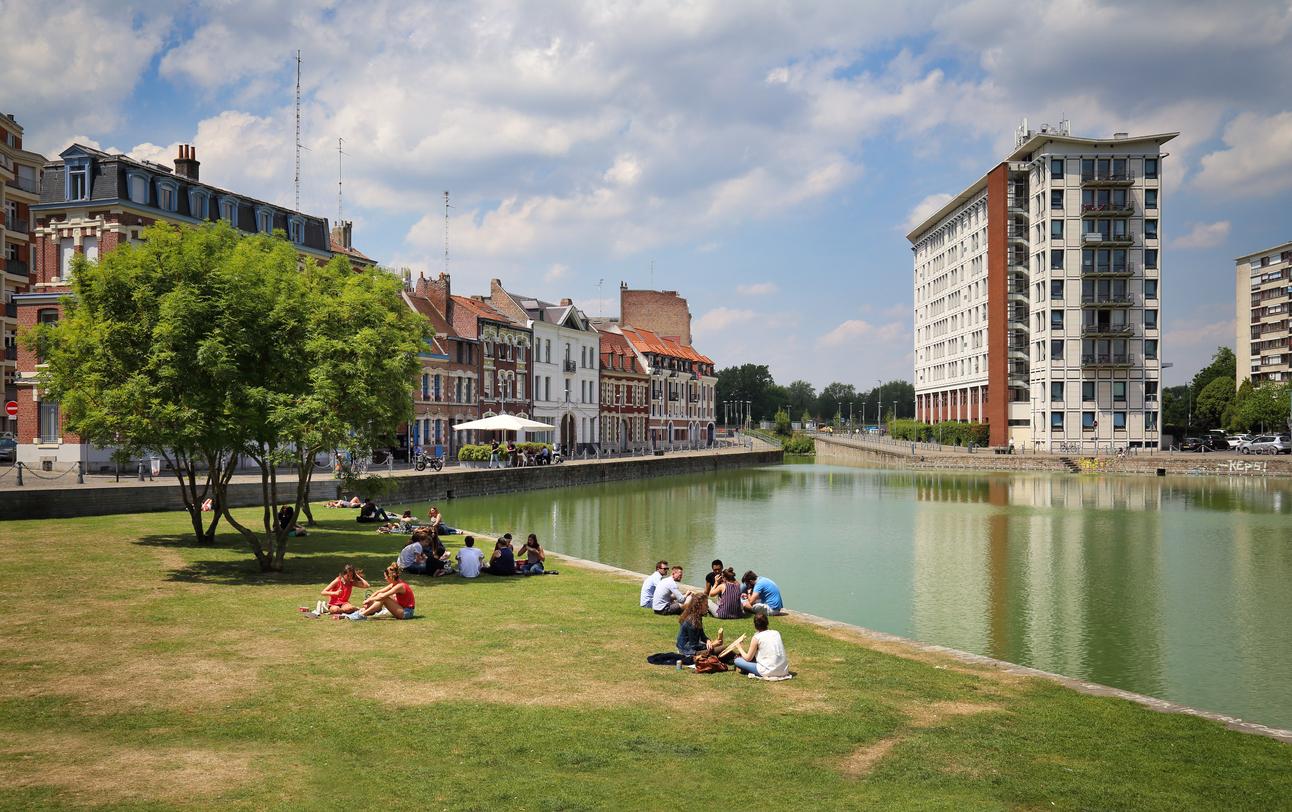By investigating the cases of pediatric cancers identified over the period 2015-2019 in seven municipalities of Loire-Atlantique, Public Health France could not identify any common cause, concludes the report unveiled on Tuesday, November 19.

“No common cause”. This is the conclusion of the epidemiological study by Public Health France conducted since March on grouped cases of pediatric cancers in the Saint-Pazanne sector, near Nantes (Loire Atlantique). The epidemiological questionnaire sent to 13 families concerned did not make it possible to identify a common risk factor, announced the Regional Health Agency (ARS) of Pays de Loire on Tuesday November 19. However, the study validates “the fact that the number of pediatric cancers in the sector of the seven municipalities (studied) over the period 2015-2019 is higher than what is observed on average in France. The results of this work lead Public Health France to conclude that there is a spatio-temporal grouping without an identified common cause”, notes the report.
To reach these conclusions, the researchers questioned the families about the living conditions of the parents before, during and after pregnancy, the eating habits of the children, the places of vacation, schooling or even the mode of childcare for minors. In view of the results, the health agency recommends “not to continue epidemiological investigations locally” and “not to initiate additional environmental investigations and samples.”
As for the dwellings built on the former Leduc site, where the frames were made, the analyzes “dismiss the existence of a health risk for the inhabitants of these dwellings”. However, additional analyzes will take place and environmental measures are scheduled in 17 homes for children with cancer by the end of January 2020, as well as a second campaign to “remove doubt” in the Notre-Dame de Lourdes school, in Sainte-Pazanne.
Set up active monitoring
“It is only looking to see if there is an immediate mortal danger to our children in their homes or at school, they are not real environmental studies”reacts Marie Thibaud, member of the collective Stop the cancers of our children with the AFP. According to the association, between 2015 and 2019, the Sainte-Pazanne sector had 20 cases of pediatric cancers and four deceased children.
“There is a higher concentration of cases but we stop the epidemiological study, it is inadmissible, unacceptable and intolerable”, she complains. “Basic research (…) should make it possible in the future to enrich knowledge and thus improve the investigation tools available to answer the questions of the population”she continues, while a public meeting is scheduled for November 25 at the town hall of Sainte-Pazanne.
In its report, Public Health France recognizes, however, that scientific knowledge “on the causes of childhood cancers and the potential role of environmental exposure in this process remains fragmented”. In conclusion, the agency therefore proposes to “set up active surveillance to identify any new case of cancer in the sector”.
A similar survey conducted in the Jura
These results come just a few days ago, the Bourgogne-France-Comté Regional Health Agency announced the opening of an epidemiological investigation after being seized in July because of an “abnormally high number of cancers affecting children” residing in five neighboring municipalities in the north of the Jura.
“Based on this report and after contact with the families, the agency drew up a list of ten cases, in conjunction with the attending physicians and the CHRU of Besançon, which provided support for the confirmation of the diagnoses”, a announced the ARS.
Again, the purpose of this investigation will be to identify other possible new cases and establish a connection between the children, in order to determine the existence of common environmental exposures.















